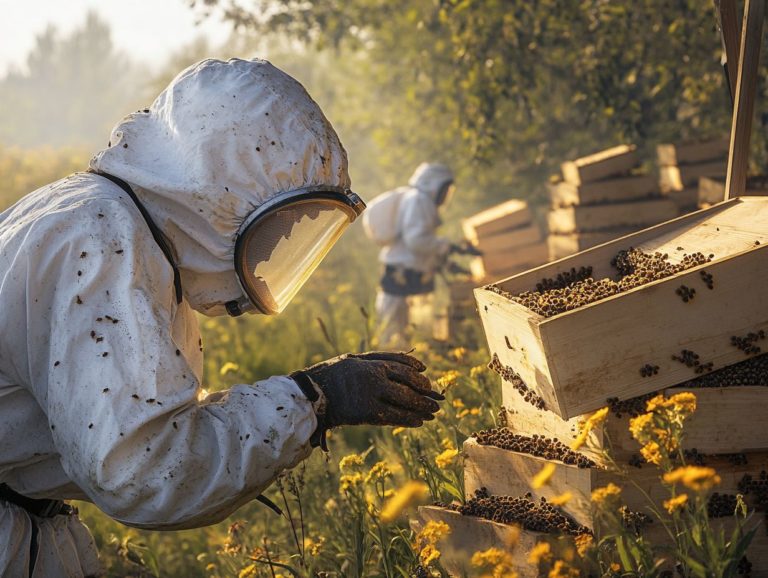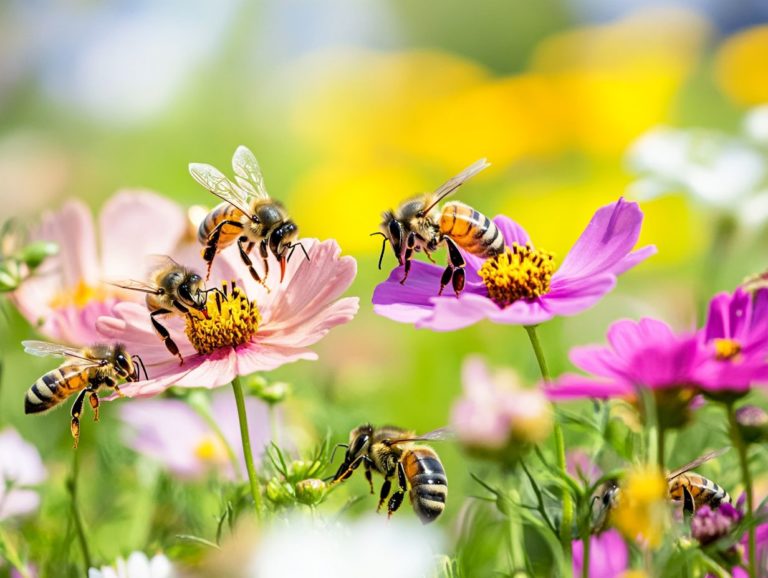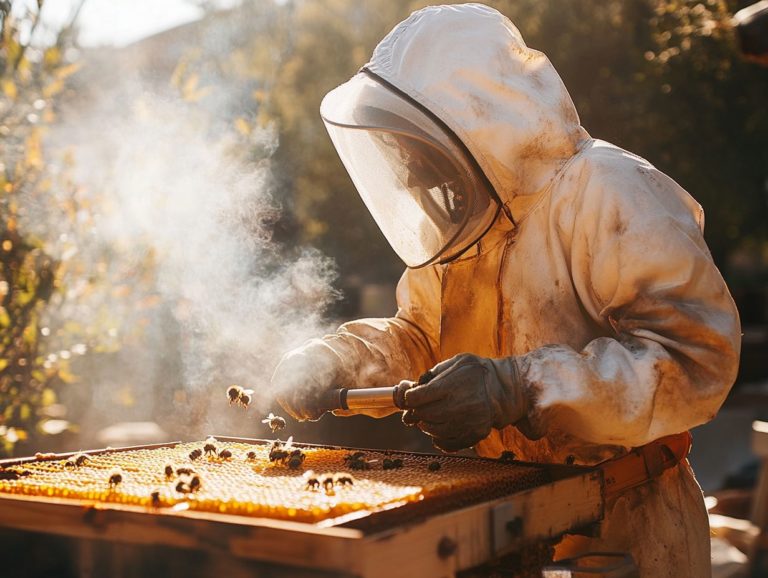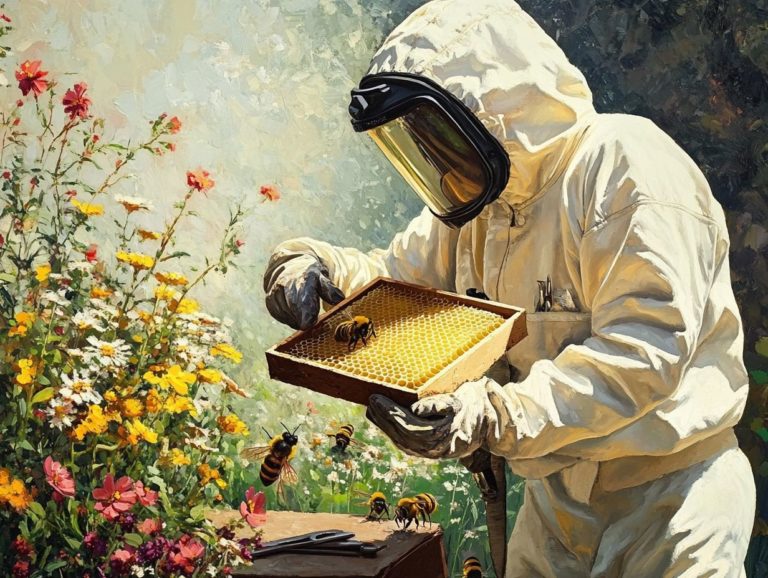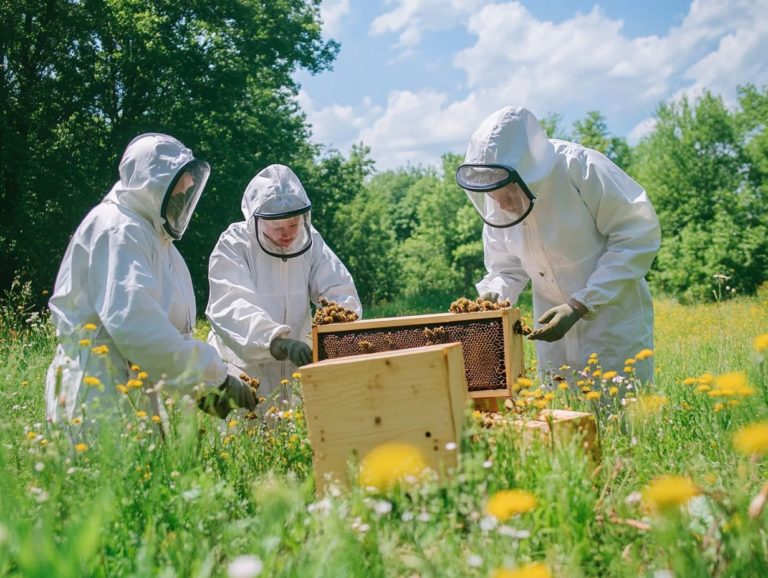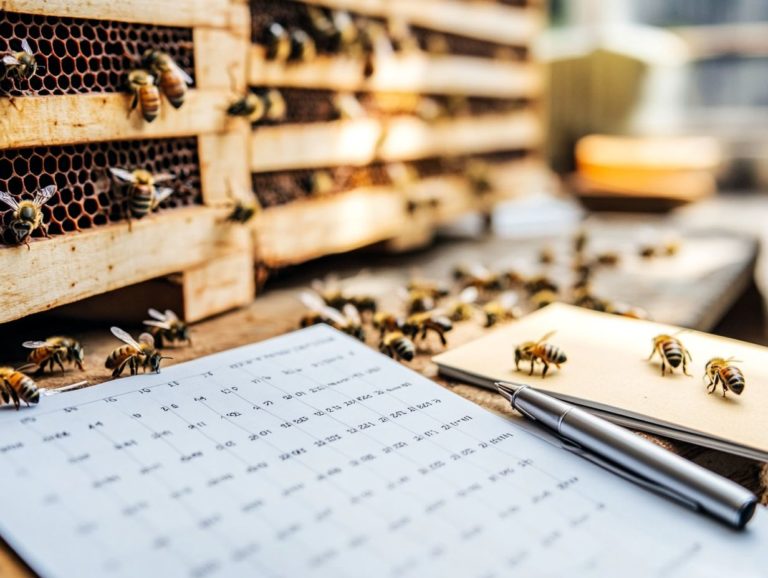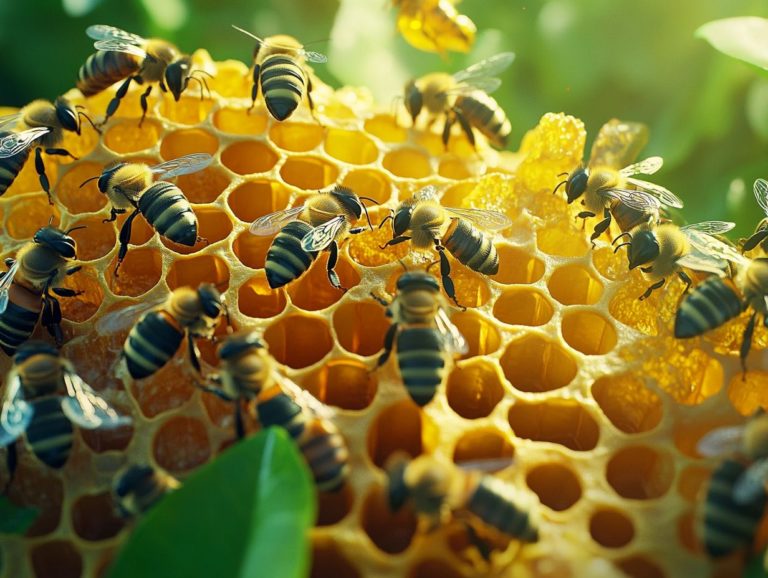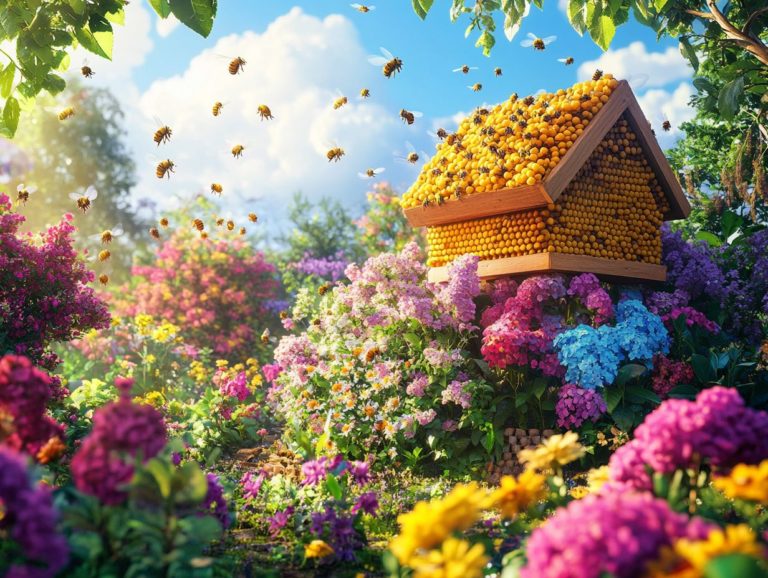How to Manage Natural Foraging
Natural foraging is a rewarding practice that connects you to the wild. It enriches your diet with fresh, nutrient-dense foods and provides immersive nature exploration, offering insights into local ecosystems. From gathering edible plants and mushrooms to discovering insects and hunting small game, foraging presents a myriad of ways to engage with nature. Sourcing wild…


